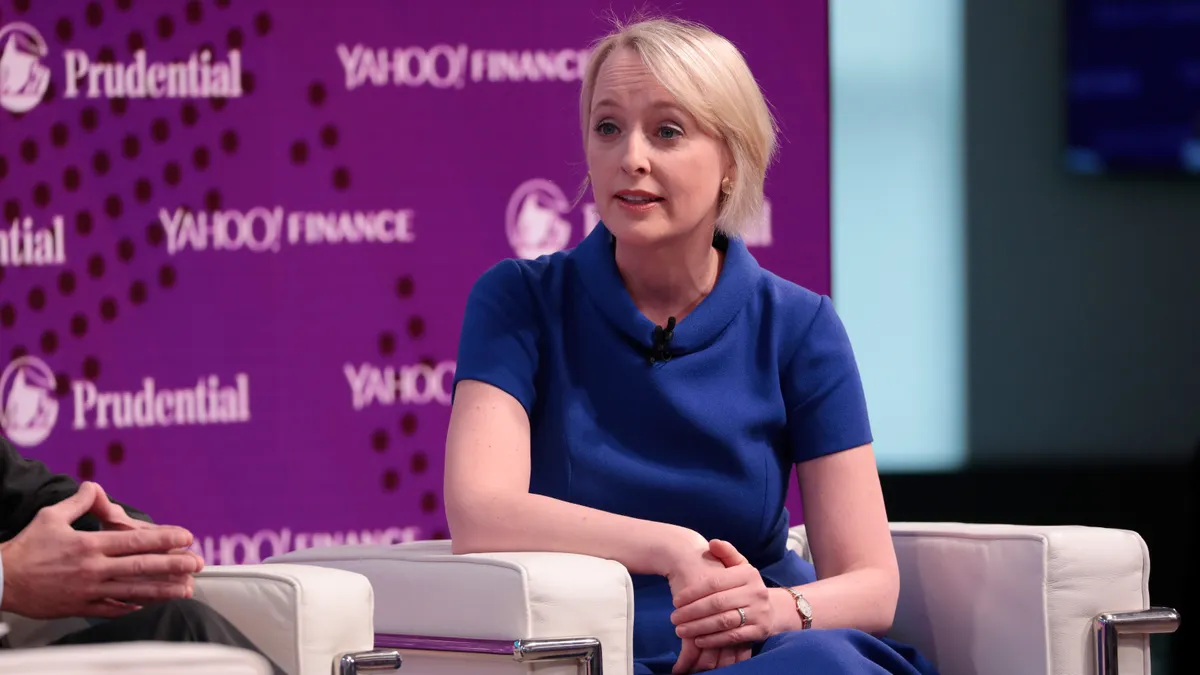Mary O'Carroll is chief community officer at Ironclad and the former director of legal operations at Google. This is the first of a two-part series. Views are the author’s own.
The legal operations function has exploded in growth over the last 10 years. What was once considered a nice-to-have has become essential in establishing a modern, cutting-edge legal team.
But building out this new function can feel daunting for general counsel. What types of people should you hire? What are the most pressing issues to optimize for? What expertise do you need?
These are all important questions — that don’t necessarily have concrete answers. When first building out the legal ops function, you typically get one hire, so use it wisely. Don’t start with a junior person. The first hire is critically important and should report directly to you, as the general counsel. That person needs to be empowered to enact change and viewed as a peer to the leadership team; he or she should have a say in the strategic direction of not only the department, but the company at large.
It’s important to note that there are two types of GCs here: the first are those who have seen the value of legal ops before and know what to expect. The second, and I would say most likely the majority, are those who have never worked in a legal department with a legal operations function. For the latter, this is entirely new, which can make GCs hesitant about who to hire, what skills to look for in candidates and what projects these hires should be working on.
And that’s ok! Legal operations is a new field that's quickly evolving. So first, let's start with the basics.
What does legal operations do?
Simply put, legal ops optimizes the balance of quality, speed and cost in the delivery of legal services. Legal ops finds the best ways to right source the legal function, and streamline as much work for the department as possible.
Where it differs from other legal professionals like paralegals, contracts managers and legal assistants is that legal ops typically does not work on any part of the substantive legal matters. They don’t support the legal work and will not review contracts, conduct research or produce documents. Their charter is to work on practice-area or department-level problems, improve the overall efficiency of the team and determine the strategic direction of the department.
Many legal ops teams will start with one of two major initiatives. The first is optimizing the commercial legal function by implementing a contract lifecycle management (CLM) platform. In fact, I would say 80% of the time this is the sole reason legal teams bring on their first legal ops hire. The other primary area of focus is commonly managing outside counsel and spending. This might include implementing an e-billing system, establishing a preferred panel and leveraging data to better manage budgets.
As your organization grows, legal ops will expand its scope to include a variety of areas like project management, process improvement, training and development, practice management, knowledge management, data analytics, strategic planning and more.
With each initiative and every new technology program you implement, data management becomes critical. These implementations are not just “set it and forget it” motions. You need to maintain these programs, build upon them, and train your teams on how to get the most value out of them.
I always recommend that a legal ops function should be established by the time you reach your first five legal team hires — maybe even by your first three.
Most people think you only need legal operations when you’re a big, scaling company, but this simply is not the case. Having a strong legal operations function will help you significantly in the early days of your business, and help you position the company for success during that large, high-growth stage of the company.
Your top priority: find a strategic thinker
So you’re a GC, and you know you need help with your team’s operations strategy. But what should you look for? Since this is your first hire, you need to make sure you’re finding a person at the right level, with the right skill set. You need someone to come in and quickly make an impact, not someone who you have to direct and manage.
And 10 times out of 10, the right person to hire is a strategic thinker. This person should not only be able to handle the execution of their initiatives, but also be the one planning them. This person should be a great listener, and understand the challenges you, your team, and your business understand inside and out. They need to act as your partner, and be the one presenting these solutions to you — not the other way around.
As your legal operations team grows, you’ll be able to bring in more specialized skill sets to handle different areas of your operations – but your first hire must be a bit of a jack of all trades. They need to be both a strategist and an operator.
But what kinds of skills should you be looking for? Join me next week for Part 2 of this post, which will dive into specific, critical skills to consider for your first legal ops hire — and examples of what those skills look like.


















